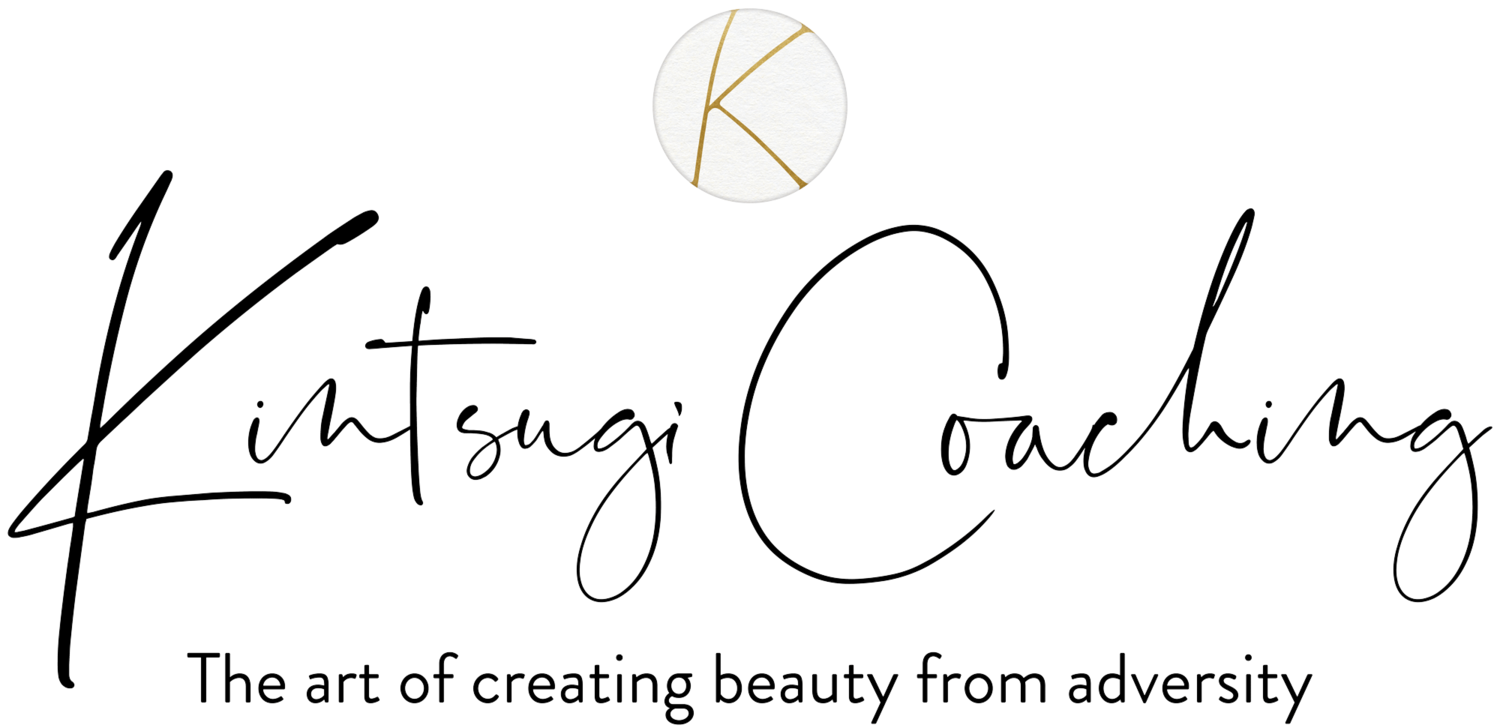The Soul of Disease
I have been unwell for a few months now and it’s been an enormous drag, literally as well as figuratively. I’m exhausted. My adrenals are at half-mast. But for all the difficulties inherent in my malady, I must say that it is also a very potent and visceral reminder of the harmonious whole that is a human incarnation. My entire being — mind, body, heart and spirit — is affected by the imbalance in these two, small glands. And my entire being is, in fact, what affected the glands in the first place.
Compromised adrenals are the result of stress. Now, it would appear to any on-looker that I have one of the most peaceful, stress-free lives going. But, as the old adage goes, appearances can be deceiving. To look only at external circumstances and not take into account the internal life — the life of the mind, the achings of the heart, the longings of the spirit — is to leave out most of the pieces of the puzzle. What happens within us has just as much, if not more, impact on our well-being as being glued to your iPhone, running from appointment to appointment, triple mocha in hand.
We are, each of us, a unified field of energy, not just a body walking around disconnected from mind, heart and spirit. Your thoughts and feelings quite literally create your reality — and your symptoms. It’s not random or coincidental when your body breaks down. Disease or discomfort of any sort is meaningful; it informs you that your life is out of balance. Something that has been ignored or denied — and this may be something from ten years ago, or twenty, or last week — is now demanding your attention. And the very nature of the symptoms themselves contain information that will help you to understand why the disease is there and what you might do to heal yourself. (Here I hasten to add that healing is not synonymous with cure.)
Of course, we have the freedom to choose how we view what happens to us and what we do about it. You can chalk up your symptoms to cruel fate and consider yourself a helpless victim. Or you might choose to view it as a random occurrence with no connection whatsoever to anything else in your life. You could opt to try to get rid of the symptoms with pills or surgery, or you could just learn to live with it, or … you could listen a bit more deeply.
You could wonder, for instance, why your discomfort shows up as it does. Why is the cancer in your ovary and not your stomach? Why cancer and not MS, not a nervous breakdown? You could assume for a moment that what is occurring is not random, not an accident but rather very meaningful, as in full of meaning. And then you might, as Rilke suggested, live with the questions for a while and see what happens.
This is not to suggest that you eschew medical intervention. It’s important to act wisely and holistically. But what I am implying is that the visitation of disease is not a product of chance, but a conspiracy of Self that holds precious information for you about who you are and what needs tending. What appears as symptom is but the tip of the proverbial iceberg: there is far more there than meets the eye.
Psyche is symptom, which is to say, the soul reveals itself through the poetic language of symptoms. To perceive this language we need only to be receptive and to listen with radical attention. Clues are found in the images and sometimes even the labels of the diseases themselves. Actively engaging with my symptoms, for instance, led me on an internal journey of discovery, showing me just where and how certain thoughts and beliefs had eventually compromised my endocrine system. Respecting symptoms, rather than seeking only to obliterate them, allows for healing in the most profound sense of the word.
Discomfort and disease destabilize us. They prevent us from going about our lives as usual and force us to open, however painfully, to new realities and new possibilities. In the end, our true malady is not so much the visitation of symptoms but the refusal to welcome them, to artfully listen to them, and to learn from them. Part of the greater meaning in illness lies in how it opens us up to more of ourselves, selves we might otherwise ignore.
It is vital to allow yourself to feel things deeply and at their essence. Suffering is a difficult lesson, but a powerful one: it is also inevitable, natural and, to the degree that we are unaware, necessary. Our only decision lies in how we experience it: we can suffer meaningfully, or we can just suffer. The choice is ours.

